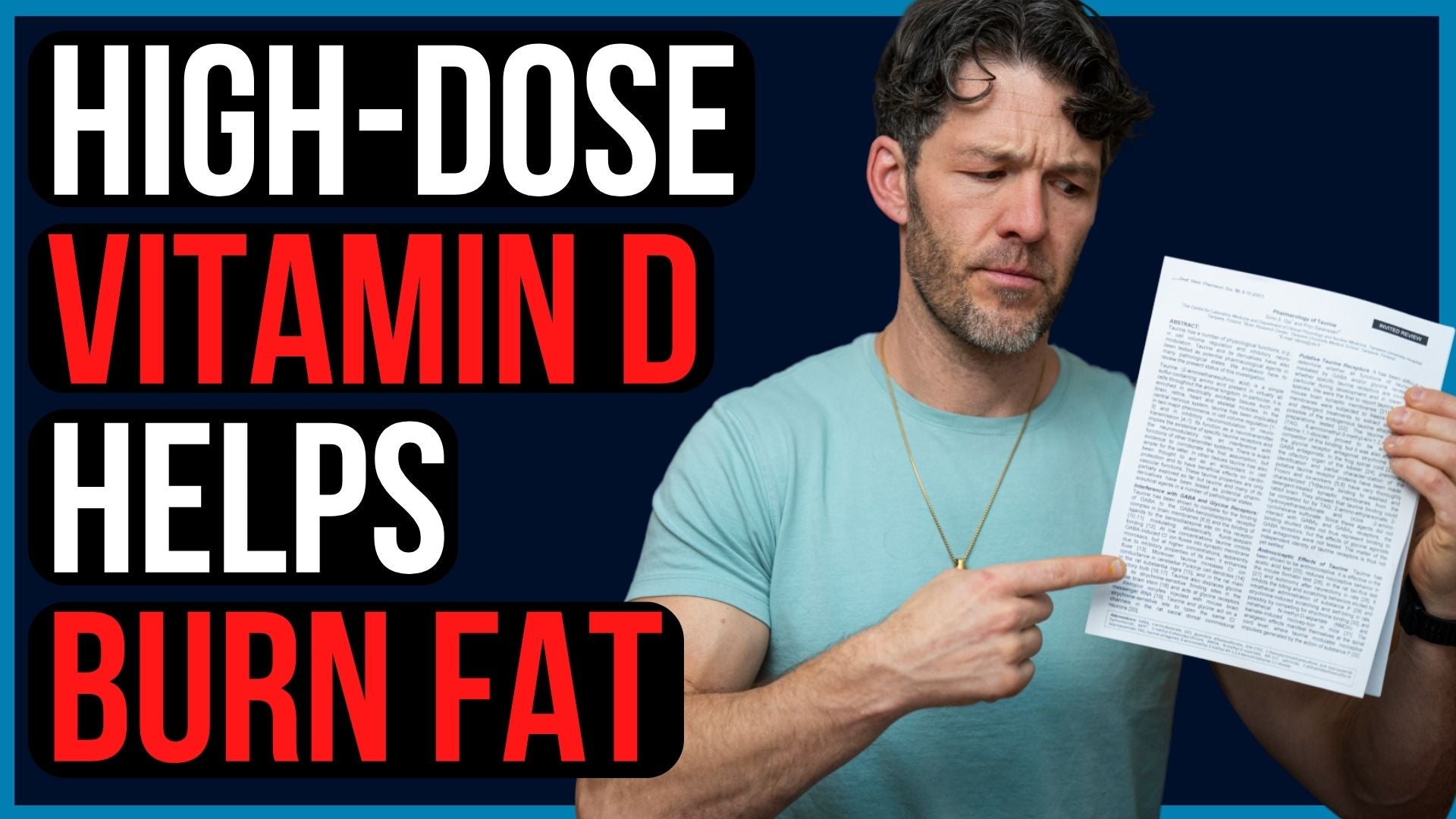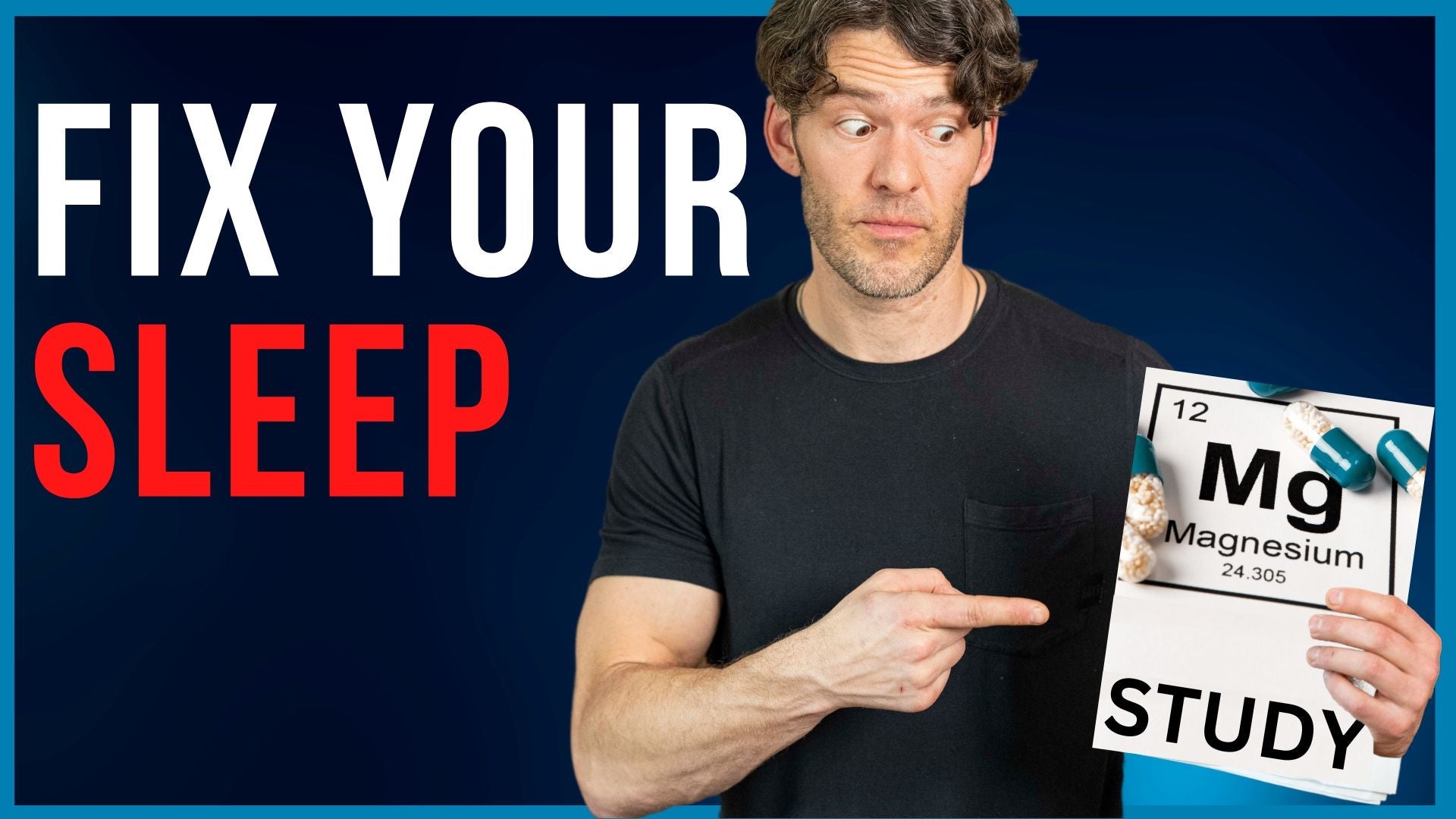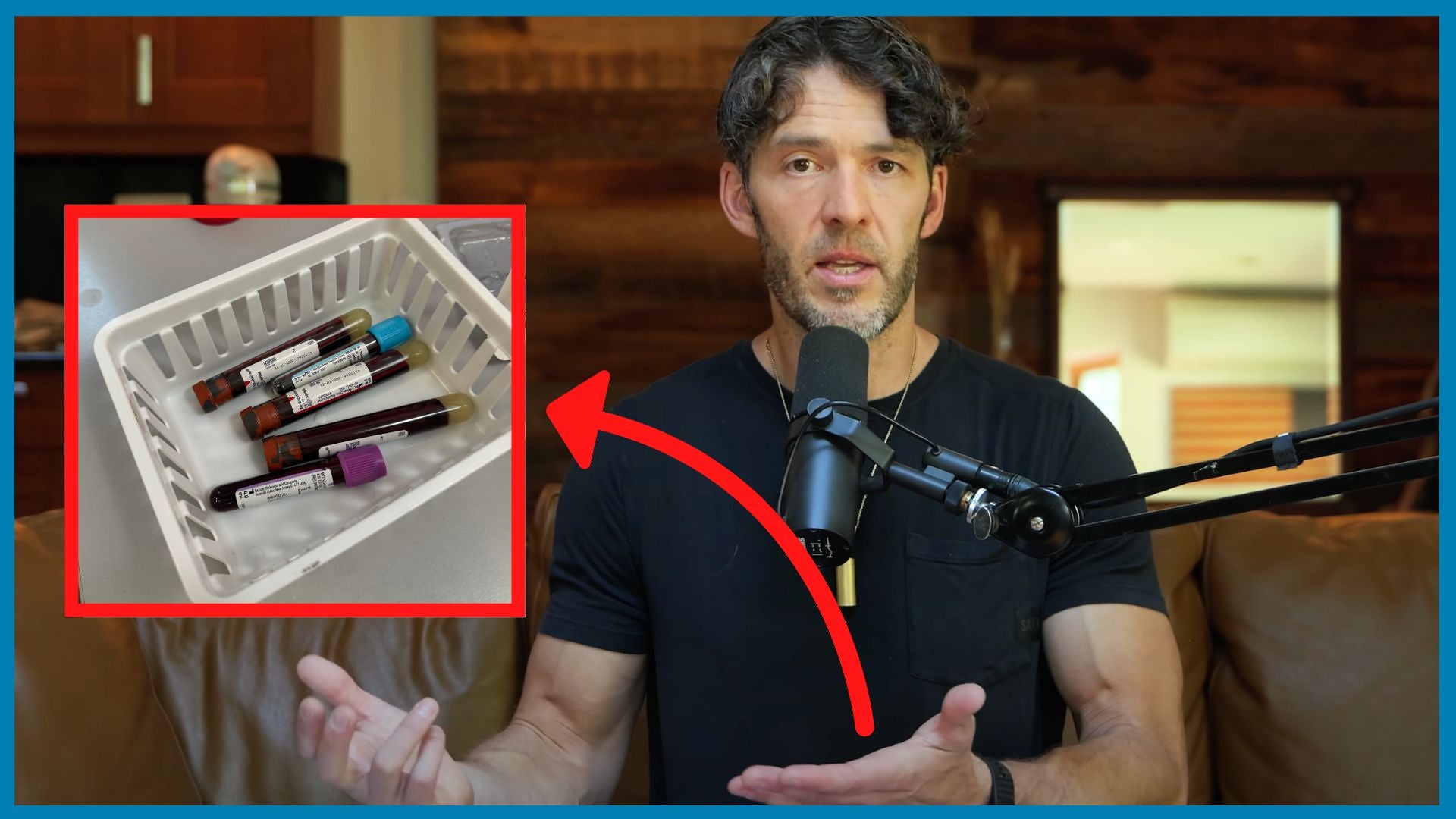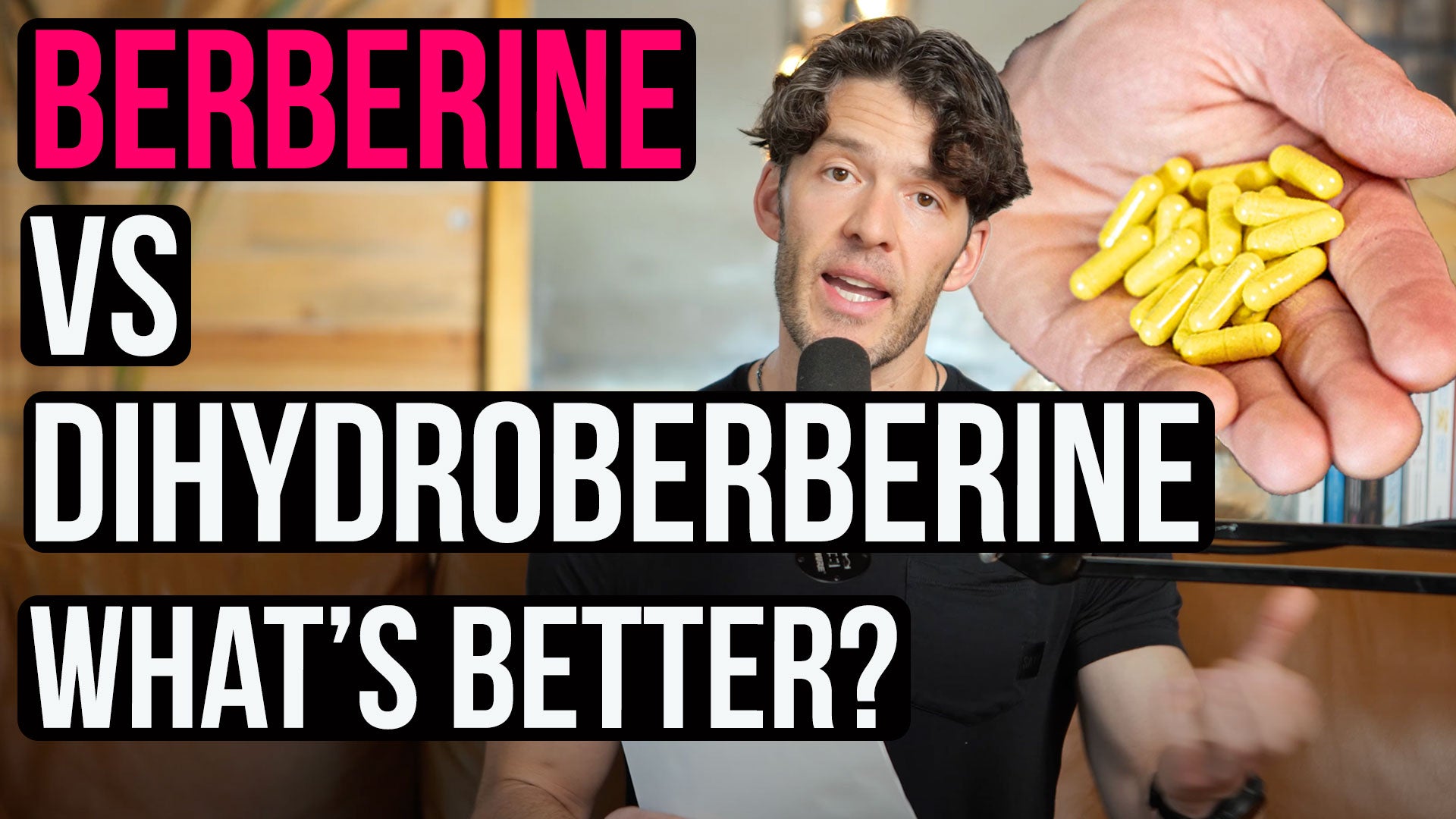Zinc Deficiency is Linked with Low Testosterone: A Summary of the Science
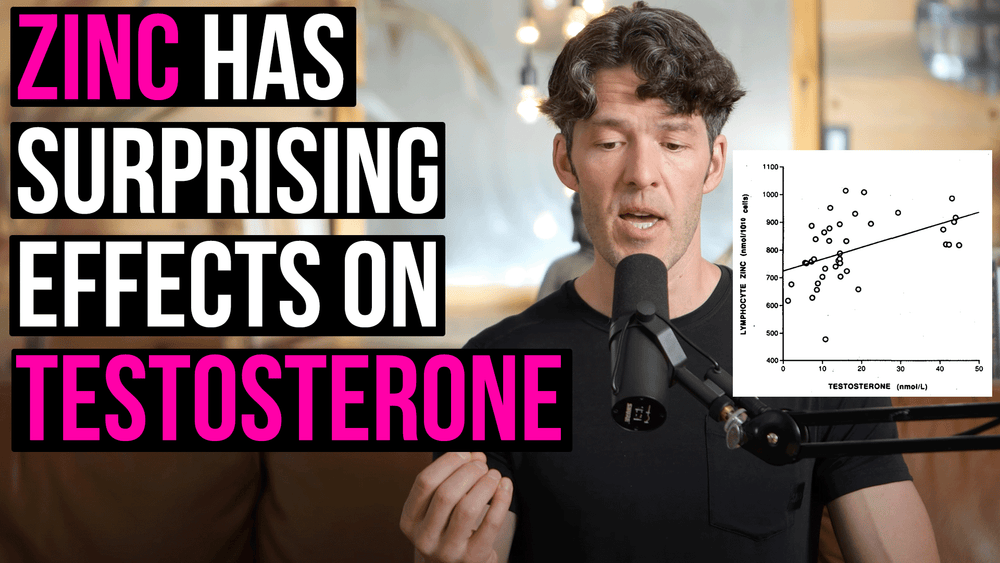
Zinc is a trace mineral involved in some 150 enzymatic reactions.
In the male reproductive system, Zinc plays an important role in gonadal development, spermatogenesis and testosterone synthesis.
A recent review of eight clinical trials in humans dating back to 1992 have found, ”...zinc deficiency reduces testosterone levels and zinc supplementation improves testosterone levels.”
The conversion of testosterone to its active form, dihydrotestosterone, is dependent on zinc for its activity. Moreover, zinc deficiency may lead to decreased male hormone receptor activity.
RELATED: Optimize your hormone health with the Alpha Male Stack and other key minerals:
Save with code Podcast
In summary, zinc plays an important role in the biological function of testosterone.
Zinc is also lost in sweat and ejaculate; so if you regularly exercise and/or sauna, there may be a need for zinc supplementation to prevent deficiency.
Episode Time Stamps:
00:30 Zinc supplementation can increase Testosterone levels.
01:55 Zinc is an essential nutrient that plays many roles.
02:10 Testosterone is an androgen that plays many roles.
02:35 Zinc deficiency leads to structural changes within testicles and impairs testosterone synthesis.
04:00 The conversion of testosterone to its active form requires 5 alpha reductase, which is dependent upon zinc.
04:30 Zinc deficiency may lead to decreased male hormone receptor activity.
05:30 Mike recommends zinc bisglycinate chelate bound to glycine.
07:30 Zinc is lost in sweat and ejaculate.
09:30 Consider your zinc-copper ratio.
09:58 Low testosterone increases risk of cardiovascular disease, depression, cerebral vascular disease, insulin resistance, and increased belly fat
References:
*These statements have not been evaluated by the Food and Drug Administration. These products are not intended to diagnose, treat, cure, or prevent any disease.
RECENT POSTS
CATEGORIES
- 5-MTHF
- Adrenals
- air quality
- Berberine
- Blood Work
- caffeine
- Collagen
- Cortisol
- Creatine
- D-chiro-inositol
- Detoxification
- DHEA
- Electrolytes
- epigenetics
- Erythritol
- Exercise
- Fast Mimicking
- Fasting
- Fat Loss
- fires
- Glutathione
- GLY-NAC
- Glycine
- gut bacteria
- Hormones
- IFOS
- Inositol
- INTERNATIONAL FISH OIL STANDARDS (IFOS) PROGRAM
- Iodine
- longevity
- magnesium
- Magnesium L Threonate
- Metabolic Health
- Microbiome
- minerals
- Monk Fruit
- Multivitamin
- myo-inositol
- N-acetyl cysteine
- NAC
- omega-3 index
- Post exercise
- Pre Workout
- Recipe
- Sleep
- Stevia
- vitamin
- Vitamin B12
- Vitamin D
- Weight Loss
- whey protein
- Women's Health
- Zinc
- Zinc Taste Test

